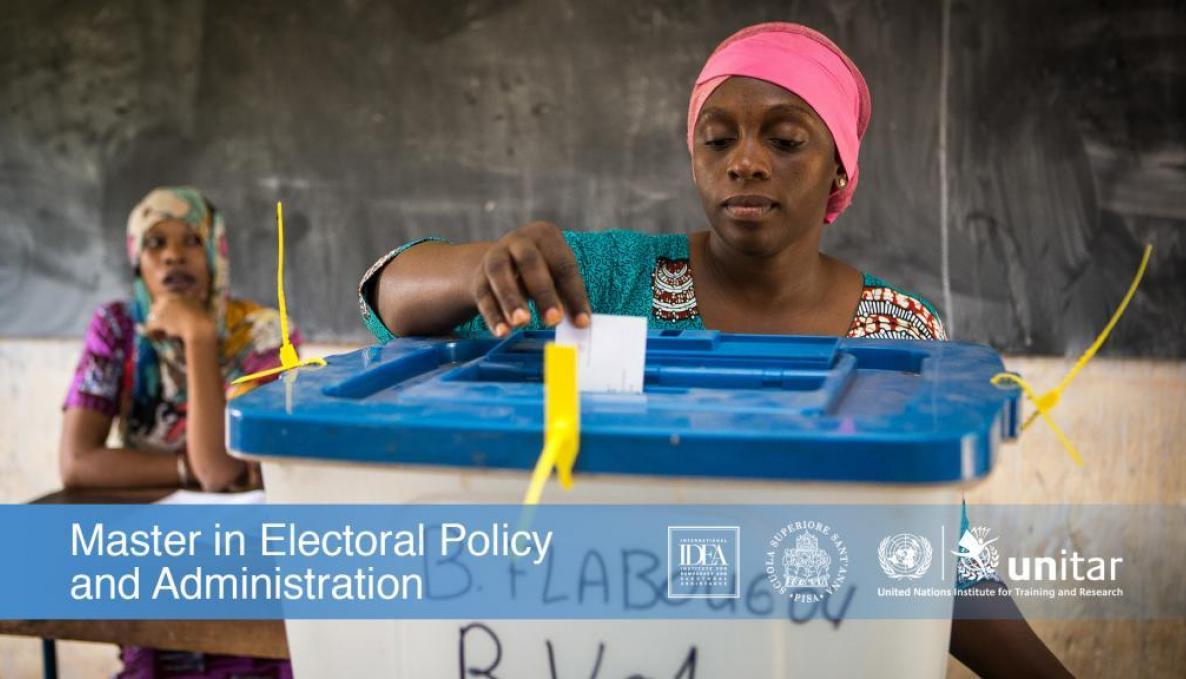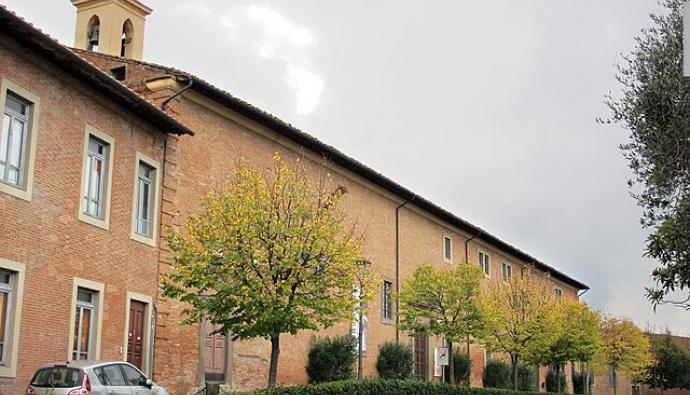BEGINNING AUTUMN 2020, SANT’ANNA SCHOOL OFFERS ITS FIRST ONLINE MASTER’S PROGRAM ON ELECTORAL POLICY AND ADMINISTRATION (MEPA) IN ARABIC: A UNIQUE PROGRAM IN ARABIC LANGUAGE ON POLITICALLY SENSITIVE ISSUES

Sant’Anna School will hold its first online Master Program in Electoral Policy and Administration in Arabic language this fall. This first level master’s program aims to provide advanced learning on electoral processes for current and aspiring election professionals by drawing on the expertise of the United Nations Institute for Training and Research (UNITAR) and the International Institute for Democracy and Electoral Assistance (International IDEA) through a network of field practitioners and world-leading academics and electoral experts.
The Master in Electoral Policy and Administration (MEPA) offers a unique higher educational experience in Arabic on politically-sensitive issues and an opportunity to expand the boundaries of knowledge in the study of democratization. Examining the transformation of political behavior in advanced industrial democracies and a new democratization in political systems of central and eastern Europe, Asia, Africa, and Latin America, this fifth master’s course (the first was launched in 2015 and taught in English) will observe political change in both the advanced industrial democracies and the developing nations as electoral observers represent an important step towards enhanced democratic processes.
This online program is designed to be completed in one year. Students will benefit from an experienced faculty of renowned scholars and experts who are international authorities in their fields, and a curriculum that reflects current theory and practice. The program is taught along with 18 modules. Students can choose up to a maximum of six option modules and write a 60-credit dissertation.
Genuine elections require that state institutions be politically impartial and that they act effectively to ensure that electoral processes are proper, otherwise misfeasance and forces of corruption can prevent them from being either free or fair. Therefore, an election observation mission must consist of a core team of experts, and observers with a professional background in democracy and human rights protection. Promoting sustainable democracy around the world reflects on supporting efficient and sustainable electoral processes for peaceful governmental power. Electoral security and conflict prevention in South Africa, Iraq, Somalia, and Libya have been essential for organizations engaged in effective conflict management at all stages of the resolution of crises.
“I am proud of the results achieved by the students of the Master in Electoral Policy and Administration – said Andrea de Guttry, professor of international law and the program’s director - We work to increase the credibility of elections through enhanced public participation and transparency. Congruence between political culture and political behavior increases democratic stability. Governments and organizations need to provide testimony in support of cultural theory and the democratic performance to attract larger foreign investments given the importance of financial capital in economic development”.



